How to Decide Which Boat is Best for Me: A Simple Guide
Deciding on the best boat for your needs can be a challenging task, especially with the wide array of options available on the market. Various factors, such as functionality, durability, and cost, play a crucial role in making the right choice. The perfect boat should cater to your specific interests and preferences while providing a safe and comfortable boating experience.
To begin your boat selection process, it's essential to have a clear understanding of your intended activities on the water. This can range from leisure cruising, fishing, to water sports, among others. Furthermore, make sure the boat is suited to the body of water you will be navigating, such as lakes, rivers, or coastal areas. Keep in mind that different boat types come with distinct advantages and characteristics, which should all be taken into consideration before making a final decision.
Another critical aspect of choosing the right boat is determining your budget, which should include the boat's initial cost and all auxiliary expenses, like insurance and maintenance. It's also important to explore various factors, such as the boat's size, fuel efficiency, and passenger capacity, as these will directly impact your overall boating experience.
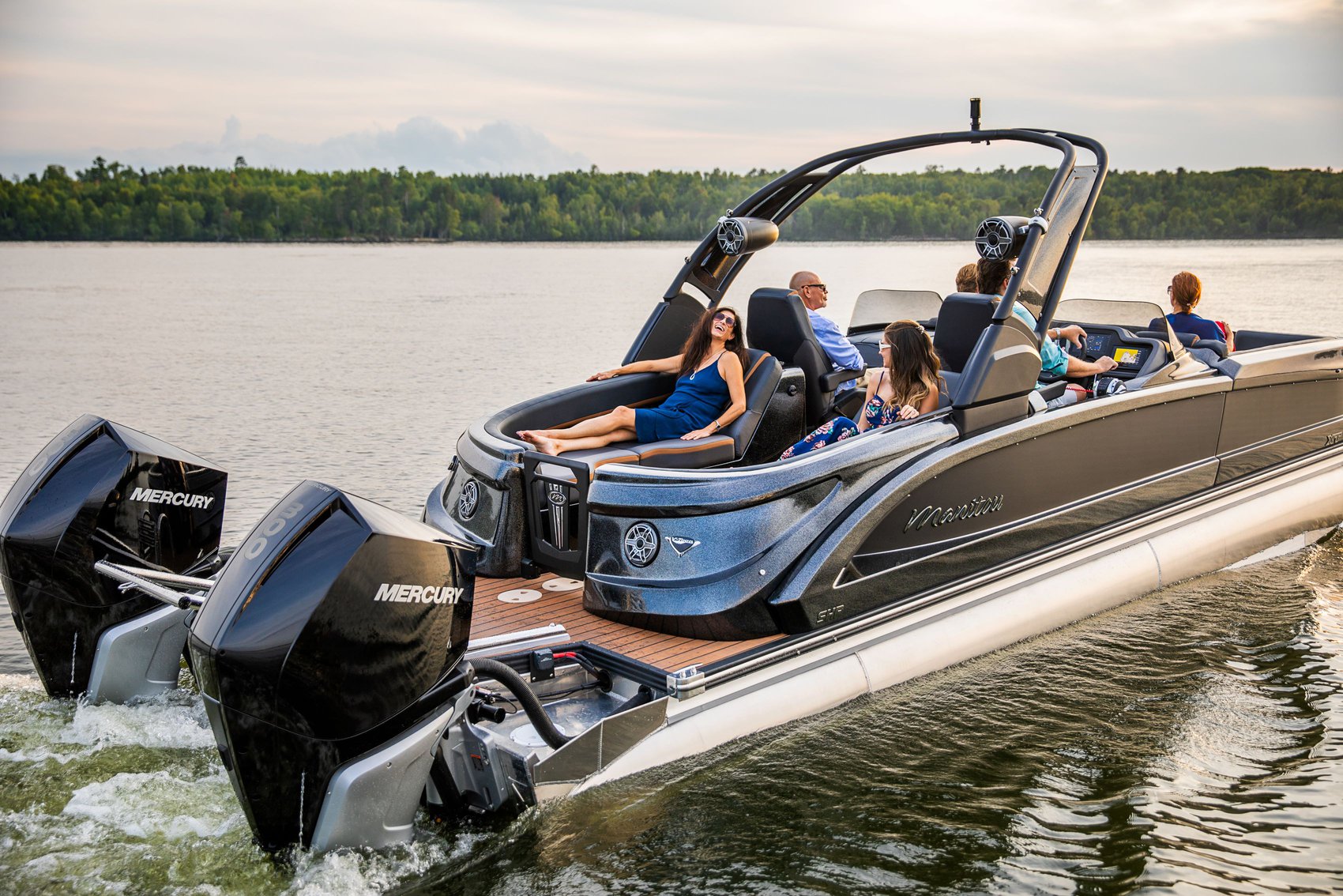
Types of Boats
When deciding which boat is best for you, it's essential to understand the different types of boats available. Each boat type is designed for specific activities and water conditions. The following are common boat types to consider:
- Bass boats: Designed for catching bass and other freshwater fish, bass boats often feature swivel chairs for casting from different angles (Boatsetter).
- All-purpose fishing boats: Versatile boats suited for various types of freshwater fishing, offering convenience for anglers who target multiple species (Discover Boating).
- Aluminum fishing boats: Lightweight and easy to transport, these rugged boats are popular among anglers due to their durability and low maintenance (Discover Boating).
- Runabouts: These versatile boats are used for leisure, watersports, and other recreational activities. They offer a comfortable interior and have a sleek design (boats.com).
- Cruisers: Ideal for extended stays on the water, cruisers often come with cabins, a galley, and a bathroom, providing a comfortable experience for overnight outings (boats.com).
- Sailboats: Powered by wind, sailboats are perfect for those who love to sail and harness the power of nature. They come in various sizes and styles, from small dinghies to large yachts (boats.com).
- Pontoons: Known for their stability and large deck space, pontoon boats are ideal for group outings, leisure activities, and entertaining family and friends (Best Boat Report).
- Speed boats: Built for speed and performance, speed boats are ideal for thrill-seekers and racing enthusiasts (boats.com).
- Watersports boats: Designed for activities like wakeboarding and water skiing, these boats have the power and features required for different watersports (Best Boat Report).
- Trawlers: Known for their slow cruising speed and fuel efficiency, trawlers are suitable for long journeys and provide a relaxing trip on the water (boats.com).
By understanding the various types of boats available and their purpose, you can make an informed decision based on your specific needs and the activities you enjoy doing on the water.
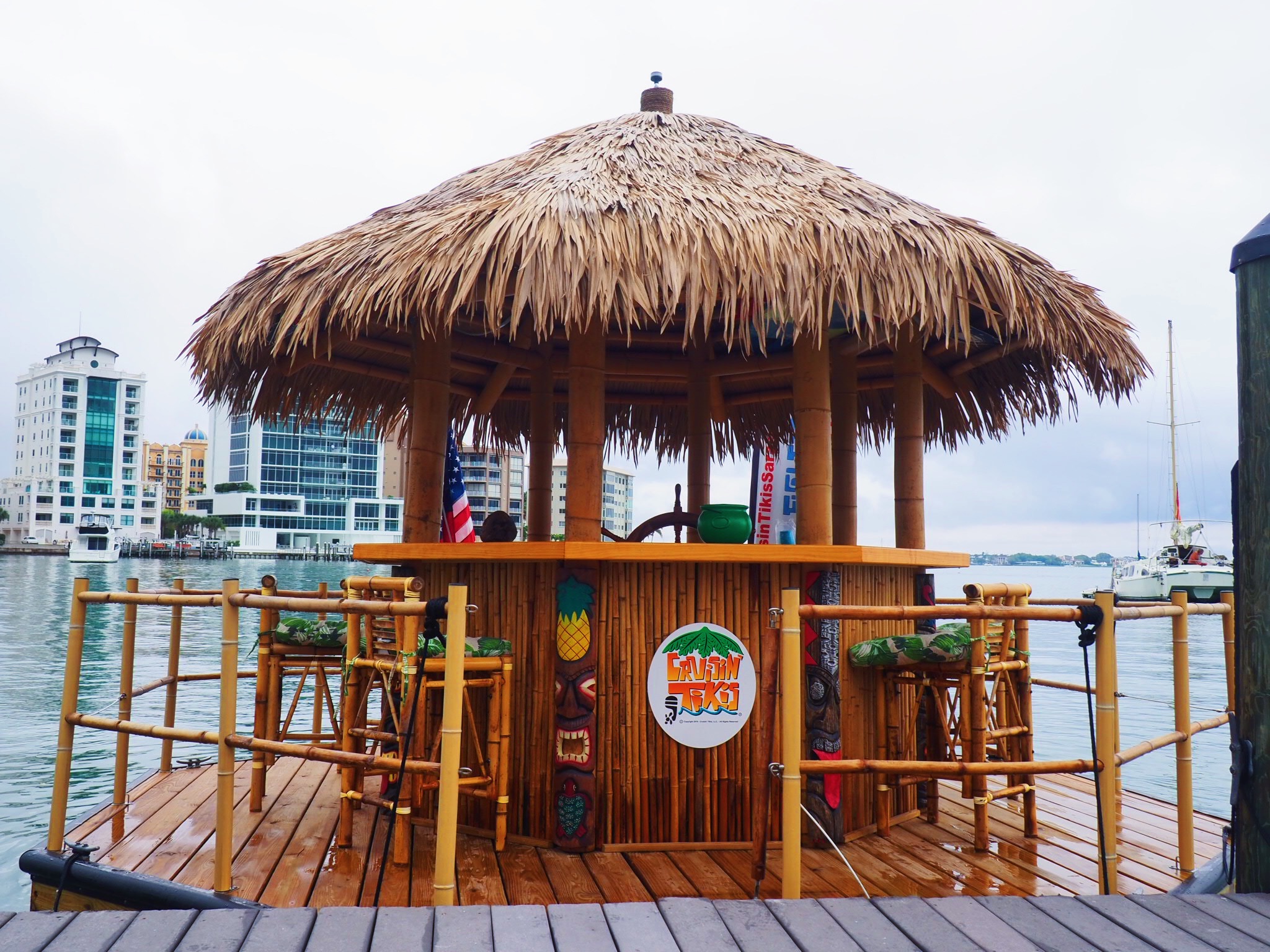
Budget Considerations
When deciding which boat is best for you, it's crucial to consider your budget. It's recommended to allocate approximately 60 percent of your total budget for the boat itself and save the remaining 40 percent for related costs such as boat survey, state and local taxes, and insurance.
Before embarking on the boat buying process, determine your financial limitations and desired spending. Staying within your budget will help ensure a more enjoyable and stress-free boating experience. Keep in mind that boats can be expensive, even when purchasing used models, so it's essential to be realistic about your financial capabilities.
When evaluating different boat types, it's necessary to factor in the long-term costs associated with maintenance, storage, and fuel. To help with this process, you may consider conducting research on ownership costs for various boat types that fit your needs and preferences.
Here are some key factors to include in your budget considerations:
- Initial purchase price: Determine how much you can comfortably afford to spend on the boat itself.
- Financing options: Research available financing options, interest rates, and loan terms to find the best solution for your financial situation.
- Operating costs: Take into account fuel, maintenance, and insurance expenses for your desired boat type.
- Storage and mooring fees: Research local marinas or storage facilities for costs related to storing your boat.
- Accessories and equipment: Ensure to allocate a portion of your budget for necessary safety equipment, navigation tools, and other accessories.
By carefully considering these budget factors, you'll be better equipped to make an informed decision when choosing the best boat for you.

Intended Usage
Before deciding on the best boat for you, it is crucial to consider the intended usage of the boat. By aligning the boat's purpose with your interests and activities, you can make a more informed decision.
Firstly, think about your preferred boating activities. If you plan to entertain family and friends, a 15-20 ft boat designed for inshore use, or a 20-30 ft boat meant for cruising might be suitable [source]. For those passionate about water sports, specialized boats in the range of 15-25 ft are ideal options, as they cater specifically to these activities.
Another factor to consider is the number of people you plan to have onboard regularly. Different boat types accommodate varying capacities; for example, fishing boats may be smaller in size, while pontoon boats can host more guests. Align your boat choice with your usual group size to ensure comfortable outings.
Lastly, consider where you will primarily use your boat. Are you planning to use it for freshwater fishing, or will you venture beyond into offshore waters? Some boat types, such as deck boats, offer more universal appeal, while others like wake boats are more specialized [source]. Ensure your choice aligns with your desired boating locations and conditions.
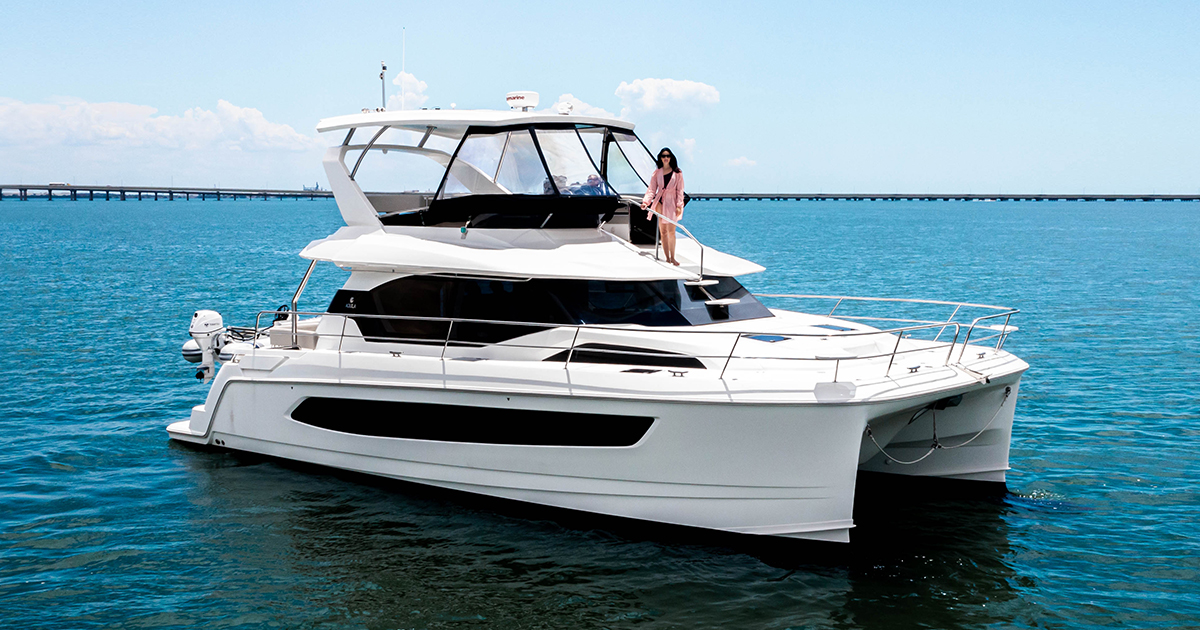
Size and Space
When choosing the right boat, considering size and space is essential as it directly affects comfort, functionality, and affordability. Factors to consider include the number of passengers you plan to have, the activities you intend to engage in, and your desired level of comfort on the boat.
The size of boats can range from as small as 6 feet to luxury yachts that are as long as 500 feet (Bass Angler Mag). For most families, boats ranging from 15 to 30 feet are ideal, as they provide a balance between comfort and affordability (Triumph Boats). The type of activities you plan to enjoy will also play a role in the size and space needed on your boat. For instance, if entertaining family and friends is your primary goal, you might consider a 15-20 ft boat for inshore use or a 20-30 ft boat for cruising (Boatsetter).
To ensure the optimal capacity for passengers and gear, factor in the type of boat you are interested in. For instance, Rigid Inflatable Boats (RIBs) are known for their stability, increased capacity, and harder-to-flip design due to the combination of their inflatable siding and hard hull (BRIG USA). On the other hand, smaller boats, such as mini boats or personal watercraft, may only accommodate one or two passengers.
In conclusion, take into consideration the intended purpose, activities, and number of passengers when deciding on the size and space of your ideal boat. By doing so, you can ensure that your boat will not only be functional but also comfortable for enjoying your time out on the water.
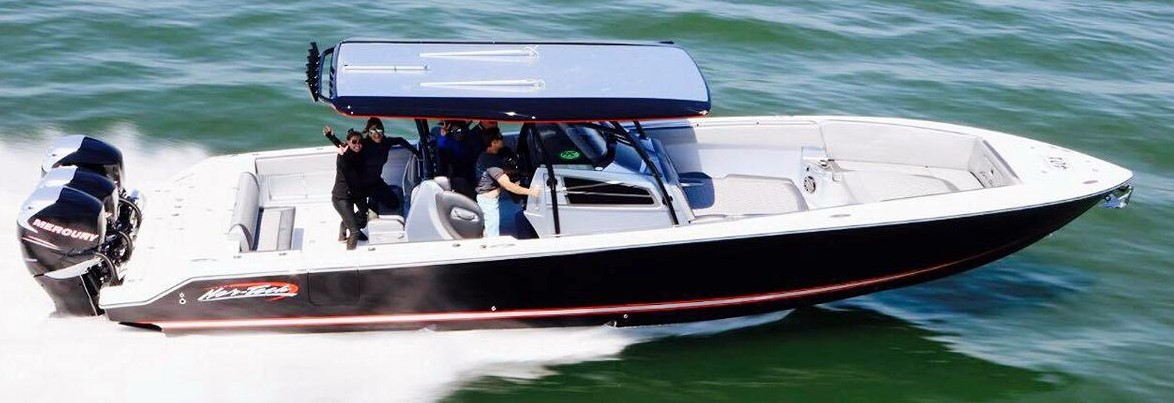
New vs. Used Boats
When considering which boat is best for you, one of the primary decisions is whether to buy a new or used vessel. There are advantages and disadvantages to both options, which are important to weigh before making a purchase.
Used Boats
Used boats typically come at a lower price, potentially making them more accessible to buyers on a budget or those who want to get more boat for fewer dollars (DiscoverBoating). Like cars, boats depreciate in value, and purchasing a used boat means you avoid much of the initial depreciation (GoDownsize). Additionally, some owners may find peace of mind in knowing they won't put the first scratch or ding on a used boat (BoatTest.com).
On the other hand, used boats may come with higher maintenance costs or a need for renovations that can increase the overall expense. It can also be more challenging to find a used boat that precisely fits your needs and preferences.
New Boats
Purchasing a new boat provides the opportunity to customize it to your exact requirements and preferences. Moreover, new boats generally come with warranty coverage, leading to lower out-of-pocket maintenance costs during the warranty period. Additionally, new boats often have the latest technology and designs, which may improve your boating experience.
However, the initial cost of a new boat is generally much higher than that of a used one, and the depreciation can be significant in the first years of ownership. This means you might lose a larger amount of money if you decide to sell the boat soon after purchase.
To make an informed decision between a new and used boat, consider your budget, desired features, and tolerance for maintenance costs. Each option has its merits, so it's essential to carefully evaluate your unique needs and preferences when selecting the best boat for you.
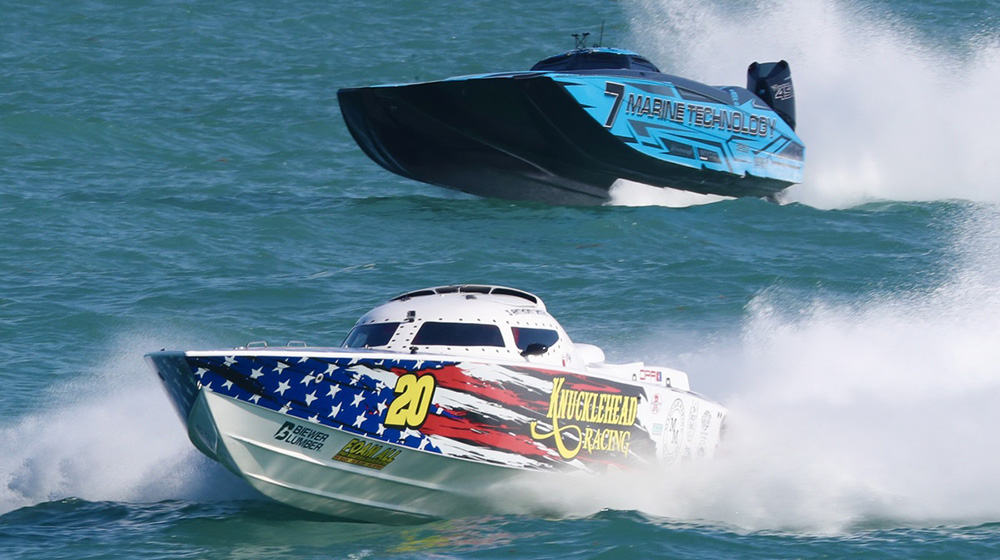
Test Drives and Research
Before making a decision on which boat is best for you, it's crucial to conduct thorough research and participate in test drives. Doing so allows you to gain first-hand experience with the boat, as well as understand its physical components and layout better.
It's highly recommended to attend boat shows as they provide an excellent opportunity to explore various boat options in person. Apart from this, you can also rely on online resources like the Boat Finder Tool from Discover Boating to quickly filter and compare different boats based on your preferences.
When it comes to test drives, it’s a good idea to try out multiple boats, especially if you are choosing between several options. Some dealers offer demo events, which are specifically designed for shoppers to test drive a variety of boat makes and models. Talk to your dealer to find out about any upcoming events near you.
To make the most out of your test drives, consider the following factors:
- Overall design, layout, and appearance
- Feature availability and comfort level (seating, storage, etc.)
- Handling, performance, and ease of operation
- Fuel efficiency and required maintenance
- Price, financing options, and resale value
Furthermore, take the time to read reviews from current boat owners and seek advice from experienced boaters. This will give you additional insights on the specific boat types and their advantages or drawbacks. Remember, the key to finding the perfect boat for you is diligent research, test drives, and personal evaluations.

Additional Features
When deciding on the best boat for your needs, it is essential to consider additional features that can enhance your boating experience. Each boat type may come with unique features tailored to specific activities or preferences.
For instance, if you enjoy fishing, you should look for boats designed for freshwater or saltwater fishing, as they often come equipped with features such as rod holders, live wells, and fish finders. Some boats are also designed for watersports, offering features like tow bars and wakeboard towers for an exciting on-water adventure (Discover Boating).
Other potential features to consider when choosing a boat include:
- Comfortable seating arrangements
- Ample storage options
- Advanced navigation and communication systems
- Entertainment systems
- Fuel efficiency and eco-friendly technologies
In addition to these features, it is essential to consider the cost of ownership outside of the initial purchase price. Remember to factor in auxiliary expenses such as boat surveys, state and local taxes, insurance, and maintenance costs (boats.com).
When selecting a boat, take the time to compare different models and their accompanying features. Test rides, if available, can help determine which boat best suits your needs while providing firsthand experience with each model's unique features and performance. Tailoring your boat choice to your desired activities and preferences will help ensure an enjoyable and satisfying boating experience.
Conclusion
In order to decide which boat is best for you, it is crucial to consider your primary boating activities and preferences. As you evaluate your options, keep in mind factors such as functionality, durability, cost, and the number of people you usually take out on the water.
Before making a decision, it's essential to research and explore different boat types. By visiting online resources like Boatsetter, Discover Boating and Best Boat Report, you can gain valuable insights into various boat styles and their features.
Additionally, take the time to budget appropriately, as related costs such as boat surveys, insurance, and taxes can significantly impact your overall expenses. Experts recommend allocating around 60% of your budget for the boat itself and saving the remaining 40% for auxiliary costs (boats.com).
Finally, remember that your first boat is unlikely to be your last. As your interests and needs change over time, you may find yourself exploring new types of boats in the future. By making an informed decision that aligns with your current needs, you can embark on a fulfilling and enjoyable boating journey.
Charlie is Editor-in-Chief of Sea Magazine